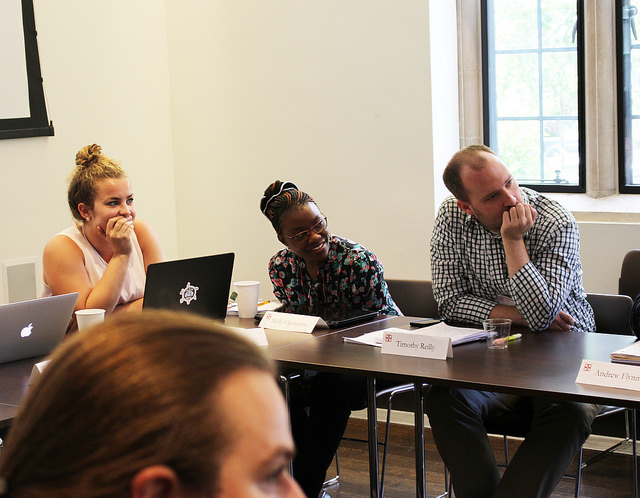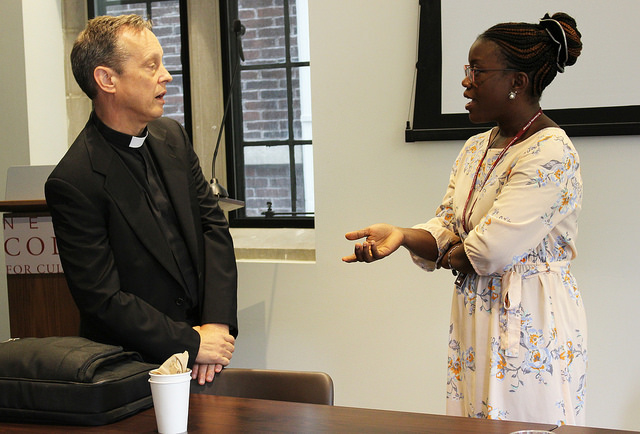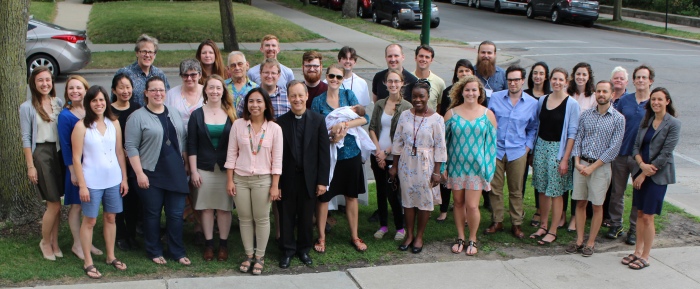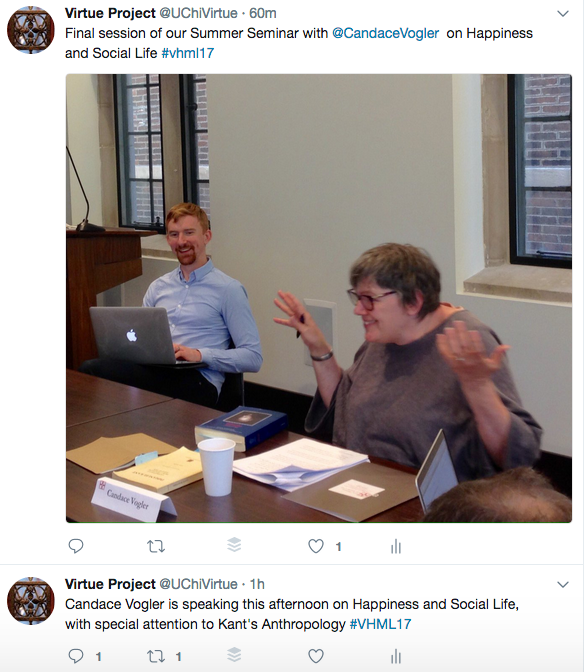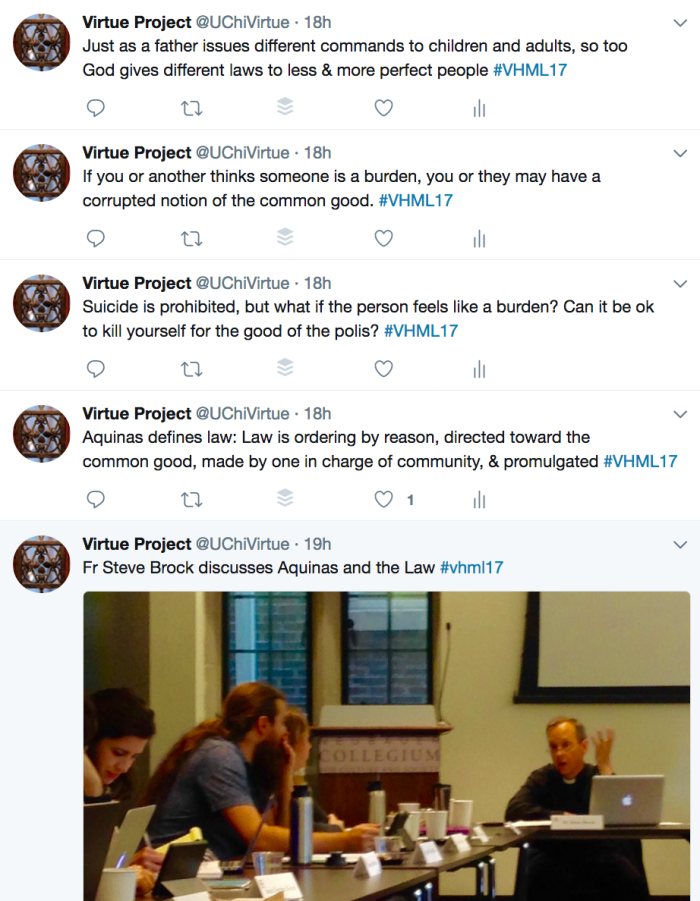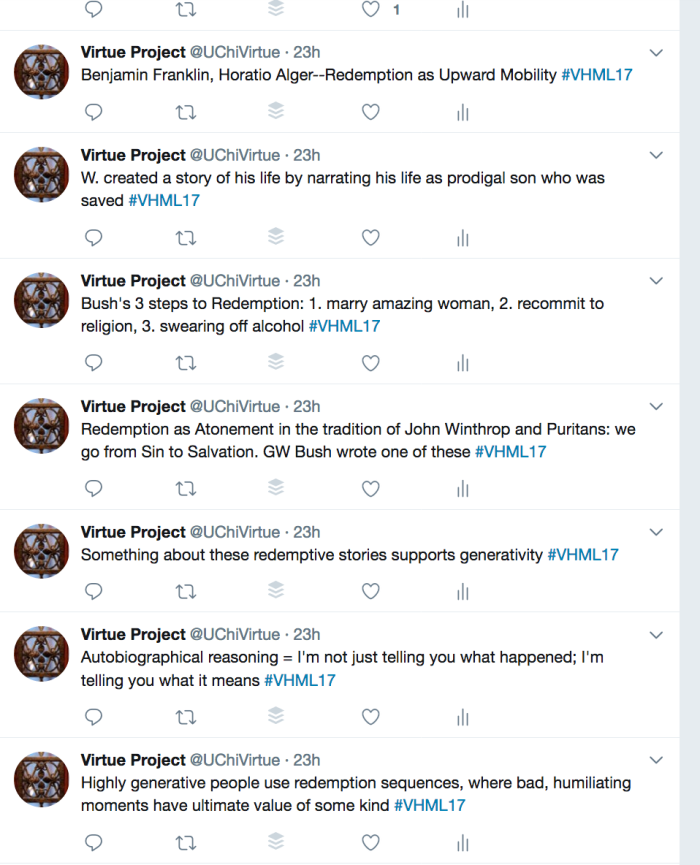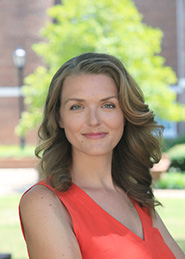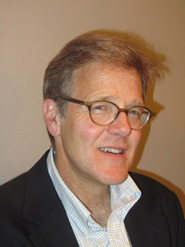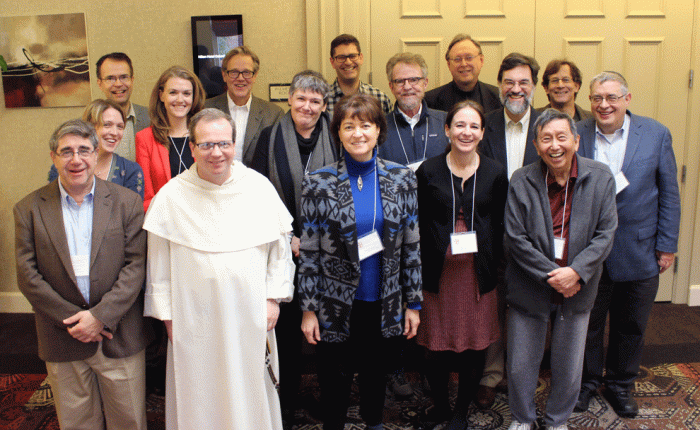
Note: This post is an excerpt of “Narrative Identity: What Is It? What Does It Do? How Do You Measure It?” published March 1, 2018 in Imagination, Cognition, and Personality. Read the full article here.
Psychology’s turn toward narrative in the 1980s was a logical extension of its gradual emancipation from the behaviorist grip. It may have been inevitable that once empirical psychologists defied the strictures of behaviorism to peer inside the black box of the human mind, as they began to do in the late 1950s and 1960s, they would eventually happen upon the idea of story. After all, human beings the world over love to tell and hear stories, as Bruner (1986) and Sarbin (1986) both observed. Human beings routinely adopt a narrative mode of thought and expression, Bruner wrote, when it comes to explaining why people do what they do. He distinguished the narrative mode from the paradigmatic mode of thought, which employs logic, evidence, and argument to explain instead how the (physicochemical) world works. Sarbin went so far as to anoint narrative as the new root metaphor for psychological science. Human beings are storytellers by nature, Sarbin argued. Human conduct seems to obey narrative rules. People think about their own lives, and the lives of others, in narrative terms, as stories unfolding over time (Polkinghorne, 1988).
Outside of psychology proper, social scientists and humanists of many different persuasions became enamored with narrative in the 1980s and 1990s. A central question running across many disciplines during this time concerned the function of narrative: What do stories do? First and foremost, they entertain us, some scholars argued (Brewer & Lichtenstein, 1982). Stories engage human emotions, and when they do not, they fail. What is the worst thing you can say about a story? That it is boring. From the parables of Jesus to Dickens, stories also provide instruction on virtue and morality, on how to live a good life (Coles, 1989). Throughout human evolution, even before language when people enacted narrative in gesture and dance, stories have functioned to simulate social experience (Mar & Oatley, 2008). When we read a good story or watch a good movie today, we observe social interactions up close. We witness the clash of human intentions and the timeless social conflicts and motivational dilemmas that characterize so well what human life has always been about. It is probably no exaggeration, then, to claim that stories teach us how to be human (McAdams, 2015).
Narrative identity is a special kind of story—a story about how I came to be the person I am becoming. With this special status comes the special function, a function that Erikson (1963)assigned to identity itself. It is the function of integration. Narrative identity brings things together, integrating elements of the self in both a synchronic and a diachronic sense (McAdams, 1985). Synchronically, narrative identity integrates different social roles (Dunlop, this volume), values (Pasupathi et al., this volume; Wang, Song, & Koh, this volume), attitudes, and performance demands in the variegated here-and-now of life. A person’s story, thus, explains how he or she continues to affirm a sense of “inner sameness and continuity” (Erikson, 1963, p. 251) across different situational and role contexts. The life story also integrates life in a diachronic sense, that is, over time, ideally showing how the self of yesterday has become the self of today, the very same self that hopes or expects to become a certain kind of (different but still similar) self in the future. Concerns about both synchronic and diachronic integration—self-unity in space and time—are salient in Holm and Thomsen’s (this volume) study of self-event connections, self-concept clarity, and dissociation.
Since the 1980s, psychologists have identified a number of other potential functions of narrative identity. As the most notable example, Bluck and Alea (2011) have enumerated (and developed a measure to assess) three primary functions of autobiographical memory in everyday life. People may call upon stories about their personal past to serve social, directive, or self functions. Telling autobiographical memories may promote social relationships; people enjoy sharing stories about their lives with each other. Autobiographical memories may also provide guidance (directives) for life. When confronting a difficult decision, for example, a person may call up memories of similar events in his or her life, consulting them for advice, mining them for insights that may prove helpful in the current situation. What Bluck and Alea put into the domain of functions serving the self includes promoting self-continuity (diachronic integration) for sure, but it also includes the ways in which memories may be called upon to boost morale or sustain positive self-regard. In this light, Liao et al. (this volume) found that positive meaning making in self-defining memories predicted enhanced self-esteem one year later.
In adopting a developmental framework for understanding narrative identity, Fivush, Booker, and Graci (this volume) bring together issues regarding both function and form. They point out that life story construction is constrained by the exigencies of the developmental period during which a narrator aims to make sense of the past. The same event, then, can mean very different things for the same person at two different points in time (Josselson, 2009). At an early age, for example, the narrator may lack certain skills in autobiographical reasoning that would otherwise enable him or her to discern a significant theme or insight from the event, or connect the event to similar others (Habermas & Bluck, 2000). When those skills come online later in development, the person may now understand that same event in very different terms. In this regard, McLean, Breen, and Fournier (2010) have shown that unlike older individuals and unlike females, early-adolescent boys who narrate negative experiences in highly elaborative ways do not enjoy higher levels of psychological well-being. Young adolescent boys may lack the autobiographical skills to process aversive life events in a psychologically productive manner.
Whereas developmental level may constrain meaning making in narrative identity, meaning making efforts may also catalyze development. Fivush et al. (this volume) describe the process of making narrative sense out of life as a mechanism for self-development. The performance of narrative identity may function, therefore, to refine meanings and thereby help the narrator attain a better understanding of self and reach a higher developmental plateau. Elaborating upon the distinction between narrative as window and narrative as process, introduced by Grysman and Mansfield (this volume), Fivush et al. (this volume) contend that narrating life experiences is indeed a window into the current developmental dynamics and parameters that prevail in a given life, but also a process that may promote development itself.
Dan P. McAdams is the Henry Wade Rogers Professor of Psychology and Professor of Human Development and Social Policy, and former chair of the Department of Psychology at Northwestern University. He is the author most recently of THE REDEMPTIVE SELF: STORIES AMERICANS LIVE BY (Oxford University Press, 2013) and THE ART AND SCIENCE OF PERSONALITY DEVELOPMENT (Guilford Press, 2015), and President of the Association for Research in Personality. McAdams is a scholar with Virtue, Happiness, & the Meaning of Life.
